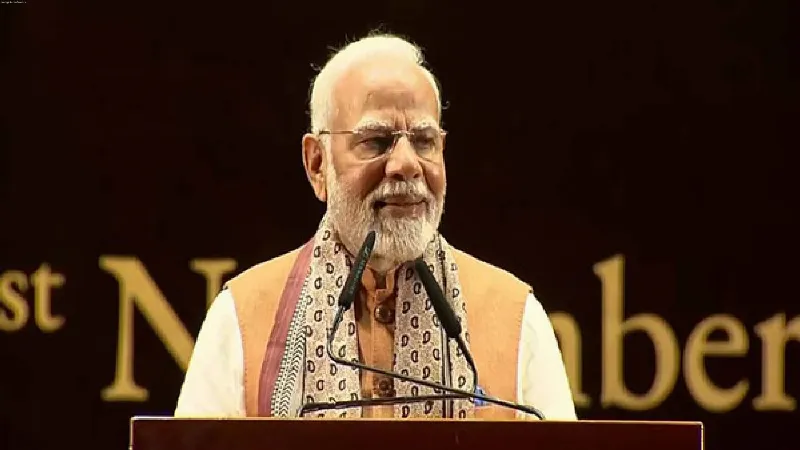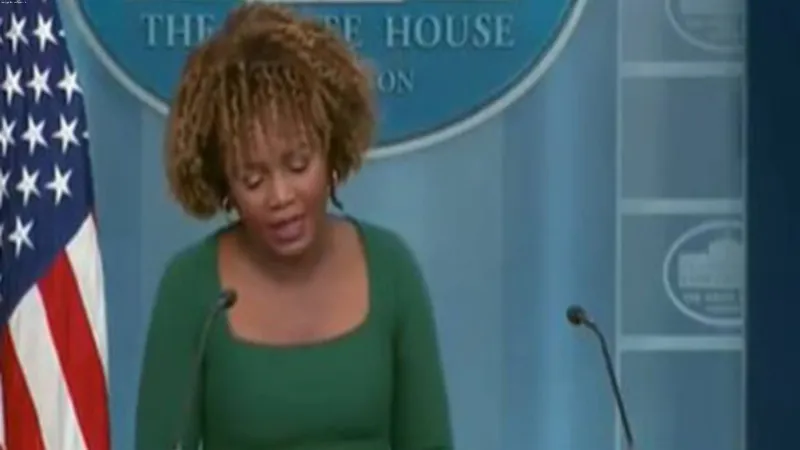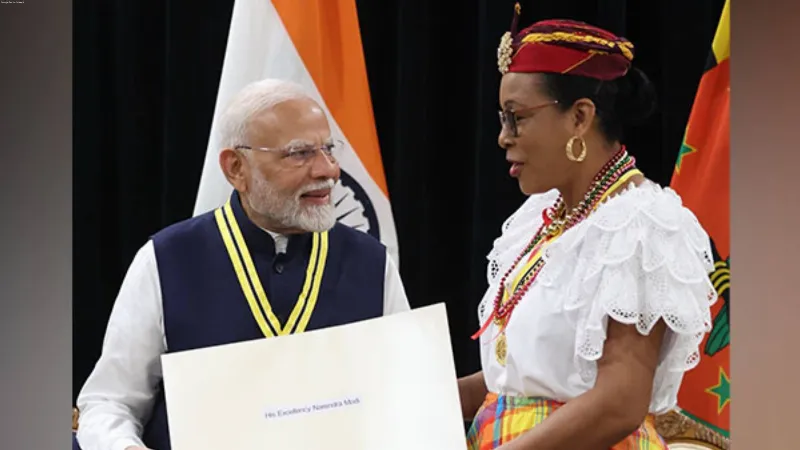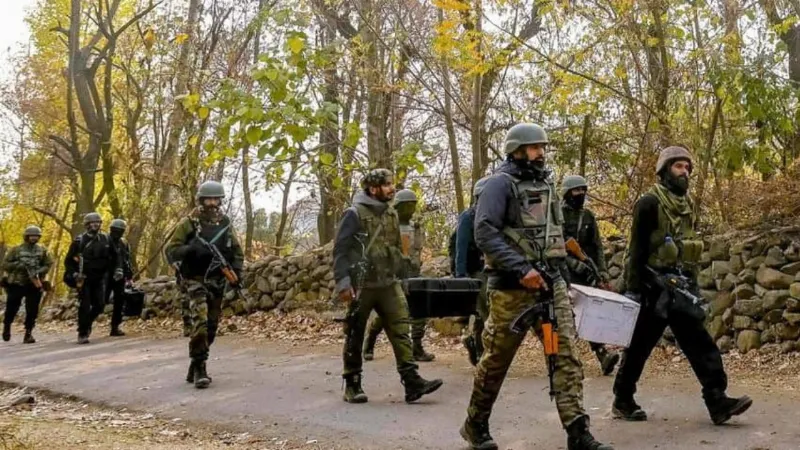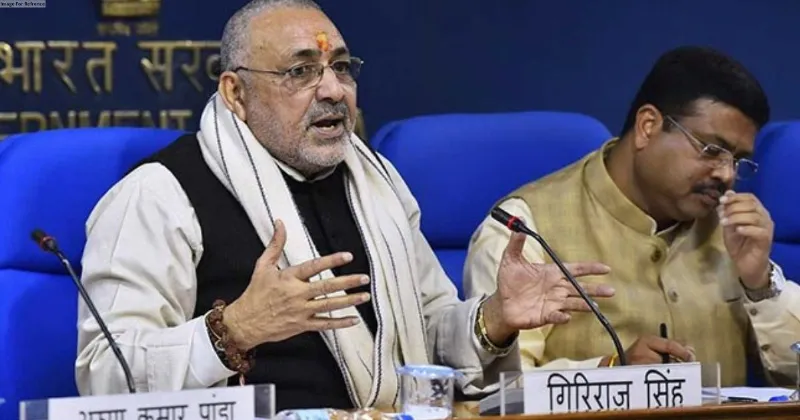Latest News
Kamala Harris pledges to revive bipartisan border security bill blocked by Trump
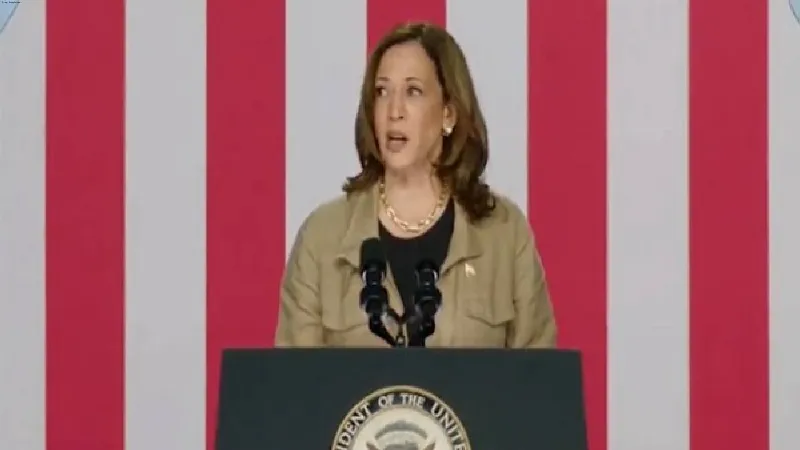
Washington, DC: US Vice President Kamala Harris has reaffirmed her commitment to border security, emphasising the need for stronger measures to combat illegal immigration and the fentanyl crisis. Harris criticised former President Donald Trump for blocking a comprehensive border security bill that had bipartisan support in Congress.
"Last December, I helped raise the rate of overtime pay for border agents," Harris stated. "I strongly supported the comprehensive border security bill, written last year by a bipartisan group of senators, including one of the most conservative members of the United States Congress."
The bill, which Harris described as "the strongest security bill we have seen in decades," aimed to address several critical issues at the US southern border. It would have hired 1,500 more border agents and officers, installed 100 inspection machines to detect fentanyl, and expanded the number of immigration judges and asylum officers. Harris explained, "It would have allowed us to more quickly and effectively remove those who come here illegally."
Despite being endorsed by the Border Patrol Union, the bill was ultimately derailed by Trump. "Donald Trump tanked it. He picked up the phone and called some friends in Congress and said stop the bill, because he prefers to run on a problem instead of fixing a problem," Harris charged.
As a result of Trump's interference, Harris contended that the border remains less secure today. "The American people deserve a President who cares more about border security than playing political games and their personal, political future."
Harris pledged that, if elected President, she would revive the bill and sign it into law. "Even though Donald Trump tried to sabotage the border security bill, it is my pledge to you, that as President of the United States, I will bring it back up and proudly sign it into law."
This comes amidst renewed debate on border security, as Trump's administration previously secured a victory when the US Supreme Court allowed the use of $2.5 billion from the Department of Defence to construct parts of a border wall. Despite Congress refusing to provide the requested funds, the Supreme Court's 5-4 ruling allowed Trump to move forward with the controversial wall, a decision that has continued to fuel division on how best to secure the border.
Many lawmakers opposed the move, warning that diverting funds from the Pentagon would harm national security priorities.



